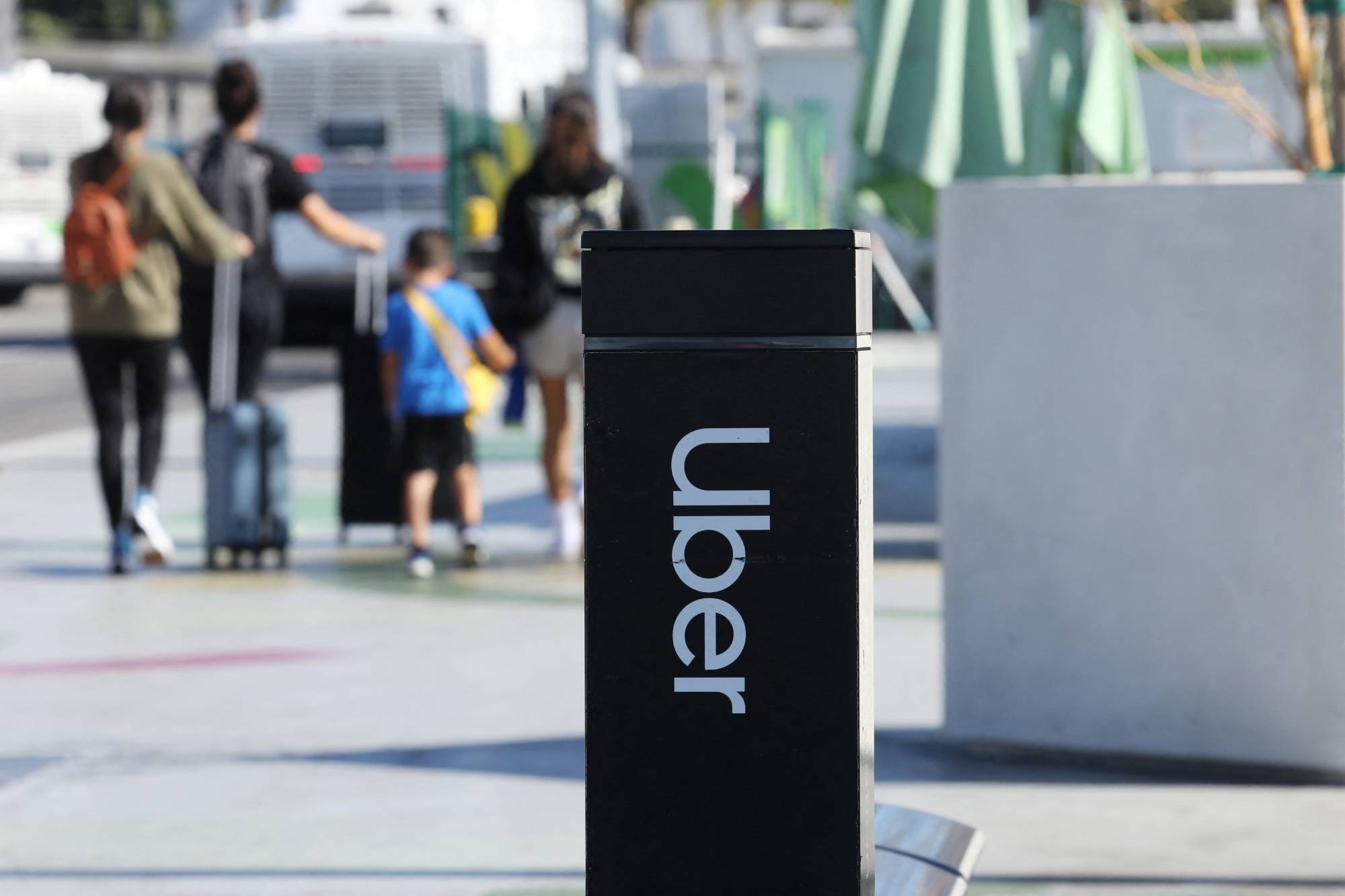For South African activist Sechaba Lehana, this week's slew of Uber leaks confirmed his worst fears: the taxi app knew full well the risks that drivers ran and put its profits before their well-being.
The mass of emails, memos and presentations revealed by the Guardian — spanning four years and 40 countries — showed that Uber knowingly flouted laws, duped police and exploited violence against vulnerable drivers as it lobbied governments for access.
In South Africa, where violent crime is rife, at least six drivers on the Uber platform have been killed on the roads since 2016, and hundreds robbed, hijacked, set on fire, shot at or stabbed, according to a tally kept by drivers.

















With your current subscription plan you can comment on stories. However, before writing your first comment, please create a display name in the Profile section of your subscriber account page.